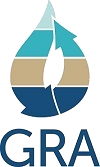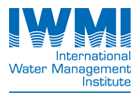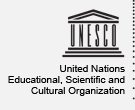Presentations 2016
Kendall, Anthony
Presentation Title
Quantifying the Impacts of Irrigation Technology Adoption on Water Resources in the High Plains Aquifer
Institution
Michigan State University
Video
Video Not Available
Presentation
Profile Picture

Abstract
Producers in key agricultural regions worldwide are contending with increasing demand while simultaneously managing declining water resources. The High Plains Aquifer (HPA) is the largest aquifer system in the United States, and supplied most of the water to irrigate 6 million hectares in 2012. Water levels in the central and southern sections of the aquifer have steadily declined, as groundwater recharge in this semi-arid region is insufficient to meet water demands. Individual irrigators have responded to these declines by moving from less efficient irrigation technologies to those that apply water more precisely. Yet, these newer technologies have also allowed for water to be pumped from lower-yielding wells, thus extending the life of any given well and allowing drawdown to continue. Here we use a dataset of the annual irrigation technology choices from every irrigator in the state of Kansas, located in the Central High Plains. This irrigation data, along with remotely-sensed Leaf Area Index, crop choice, and irrigated area, drives a coupled surface/groundwater simulation created using the Landscape Hydrology Model (LHM) to examine the impacts of changing irrigation technology on the regional water cycle, and water levels in the HPA. This application of a coupled surface and groundwater model with unprecedented detail of input land cover characteristics and irrigation water use offers new insights into water resources of this complex and vast aquifer system. For instance, the model is applied to simulate cases in which no irrigation technology change had occurred, and complete adoption of newer technologies to better understand impacts of management choices on regional water resources, and how technologies may be developed or adopted to help adapt to global change.
|












